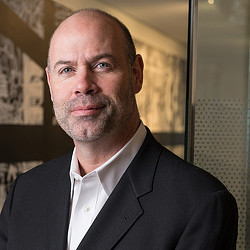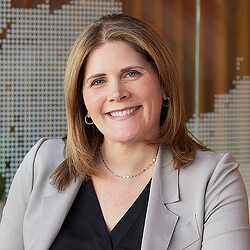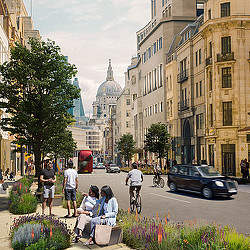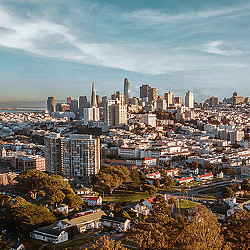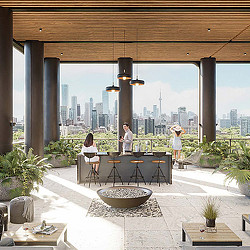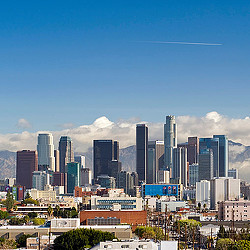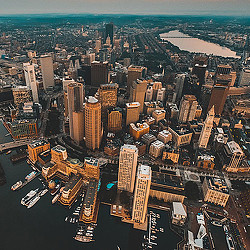The Future of D.C. as the Capital of Creativity
A conversation on the shifts and opportunities that could transform our nation’s capital and redefine its role on the global stage.
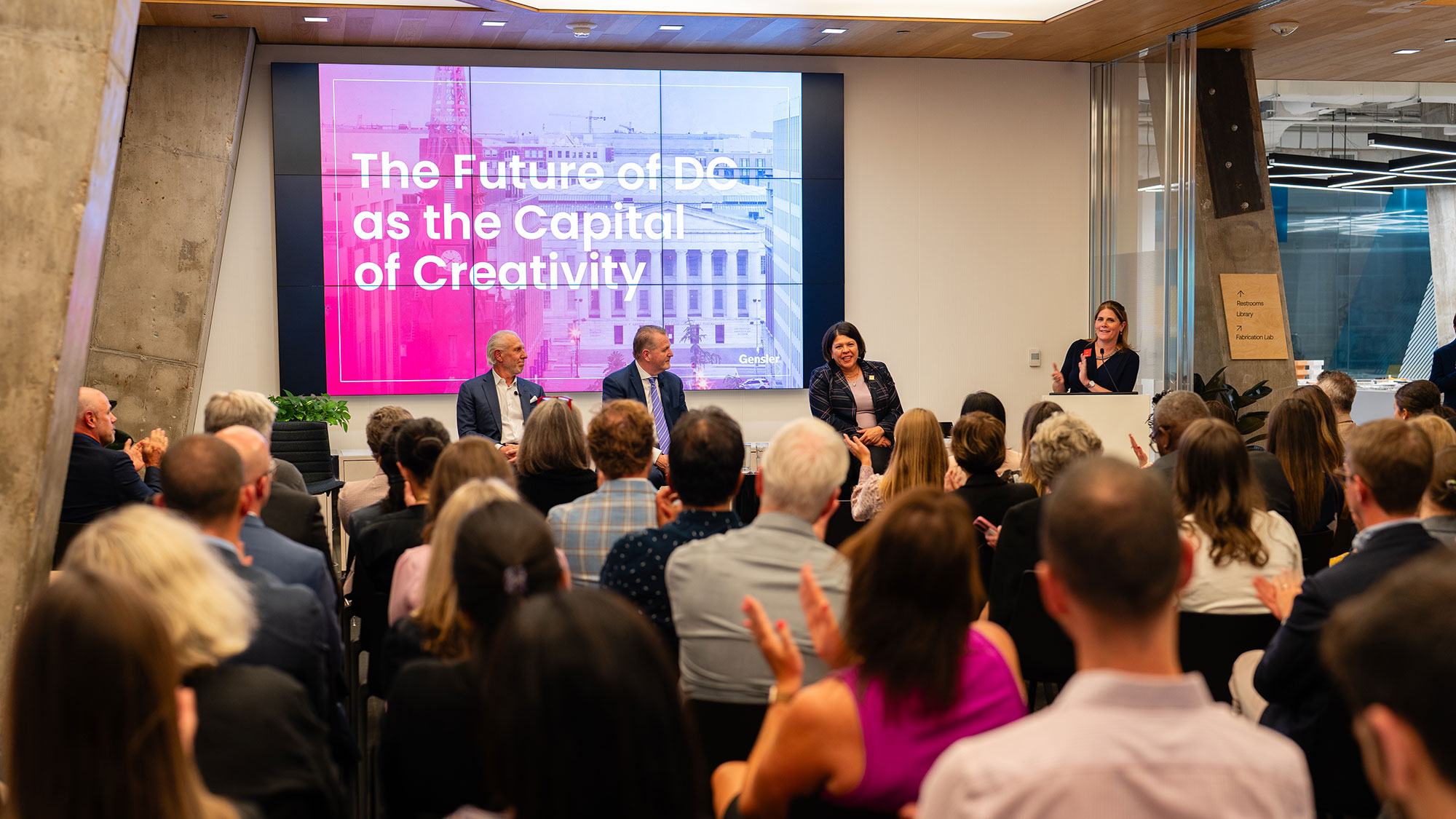
Our Gensler D.C. office recently had the privilege of hosting an inspiring event where leaders and visionaries gathered to discuss the future of Washington, D.C. as the capital of creativity. The conversation explored the dynamic shifts and emerging opportunities that could transform our nation’s capital into a true hub for entertainment, hospitality, and sports and redefine its role on the global stage.
We kicked off the event with a keynote from Nina Albert, D.C.’s Deputy Mayor for Planning and Economic Development, who gave an insightful presentation on the current state of the market. She detailed the economic landscape, emphasizing that while D.C. remains strong, certain sectors have faced challenges, including persistent retail and office vacancies downtown. Despite this, tourism is thriving, and new restaurants, museums, theaters, and hotels are performing at pre-pandemic levels, signaling a positive recovery for the city’s cultural and economic core.
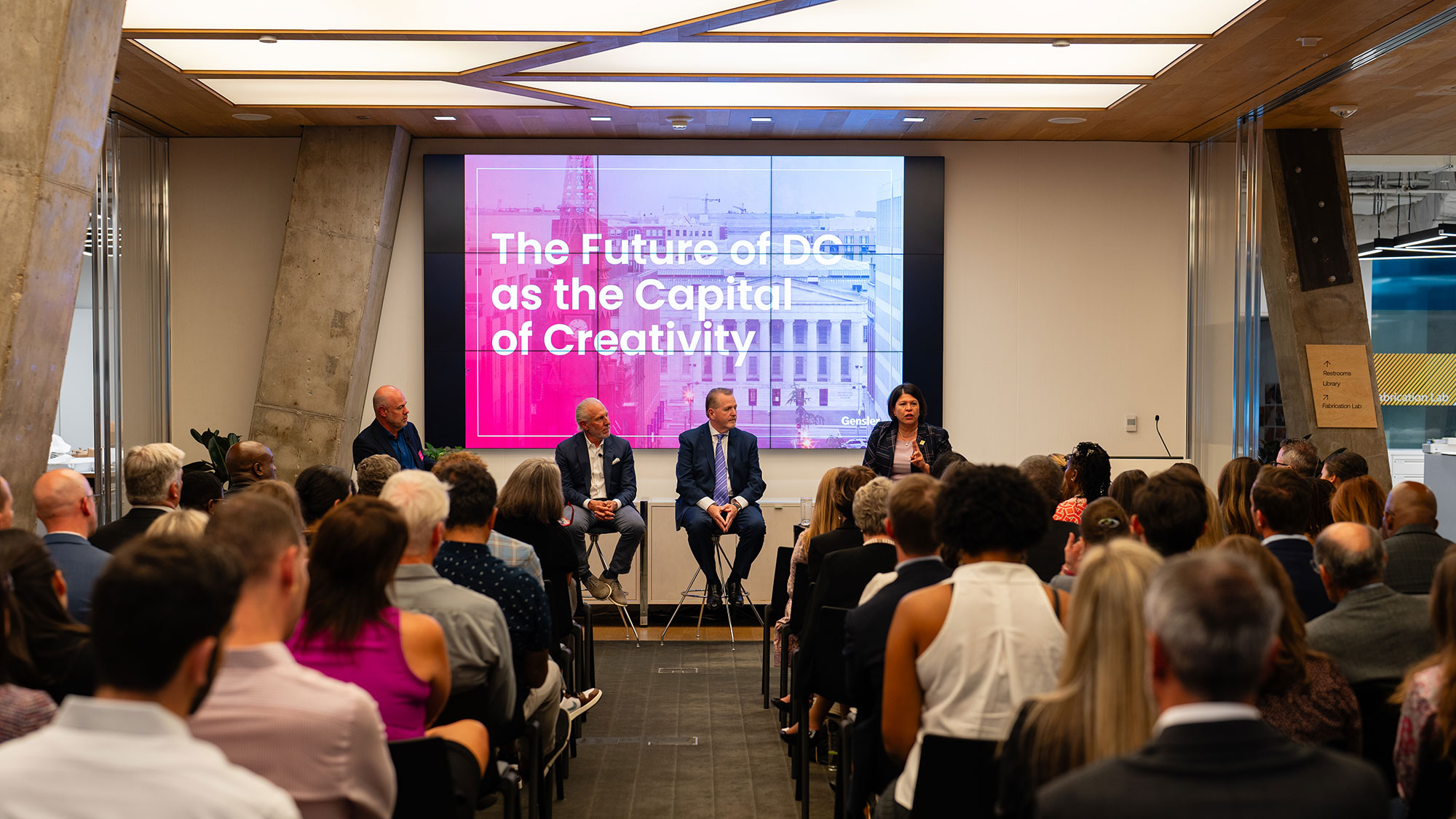
Nina and her team are focused on revitalizing downtown and addressing commercial vacancies through the D.C. comeback plan, which targets growth in key sectors such as the federal system, education, and healthcare. While challenges remain, she highlighted the city’s strong economic fundamentals and the vast room for growth, particularly in transforming underutilized areas into vibrant spaces.
From her travels abroad to thriving cities with mixed-income housing, she remarked that “the great equalizer was public space.” She noted that creating these inclusive, open spaces would be key to making D.C. neighborhoods truly diverse and welcoming.
In addition to Deputy Mayor Nina Albert, we were joined by two other expert voices: Jim Van Stone, President of Business Operations and Chief Commercial Officer at Monumental Sports & Entertainment, the owners of D.C.’s NBA, WNBA, and NHL teams, and Monty Hoffman, Founder and Chairman of Hoffman & Associates, the developer behind D.C.’s vibrant waterfront neighborhood The Wharf. Both panelists delivered valuable insights into ongoing and future projects shaping D.C.’s identity as a creative hub.
The Capital One Arena project took center stage, with Jim Van Stone sharing details about the future of the fan experience at the arena as it undergoes a major transformation. “Creating a brand-new building and having a new complex allows us more opportunities to attract marquee global events in this city,” he said, identifying the fan, retail, athlete, and community experiences as their main focuses for revamping the venue. The project is not just about improving the arena — it’s about boosting the surrounding Chinatown/Gallery Place area and driving broader economic revitalization downtown.
Deputy Mayor Nina Albert emphasized the importance of repositioning downtown D.C. to fill vacant spaces and create a cohesive urban environment. The aim is to better connect community anchors such as museums, restaurants, and affordable housing, addressing both transportation challenges and the vibrancy of the city. With a $515 million investment into Capital One Arena, this transformation is vital to the city’s future. Monty Hoffman echoed the sentiment, adding, “The energy that this topic has been creating… I haven’t seen this in 30 years, the amount of energy going into reimagining what the city can be.”
Looking toward the next decade, the panel explored potential transformations for D.C. Jim Van Stone discussed expanding the marketplace by attracting bigger crowds through experiential retail and creating a venue that becomes a destination for even more events, sports, and community engagement. Monty Hoffman spoke to the private sector’s responsibility in shaping D.C.’s future: “We have a great community of businesspeople here in our city, and I think there’s fair competition. We kind of help each other out… it brings a lot of the private sector together for the betterment of the city.”
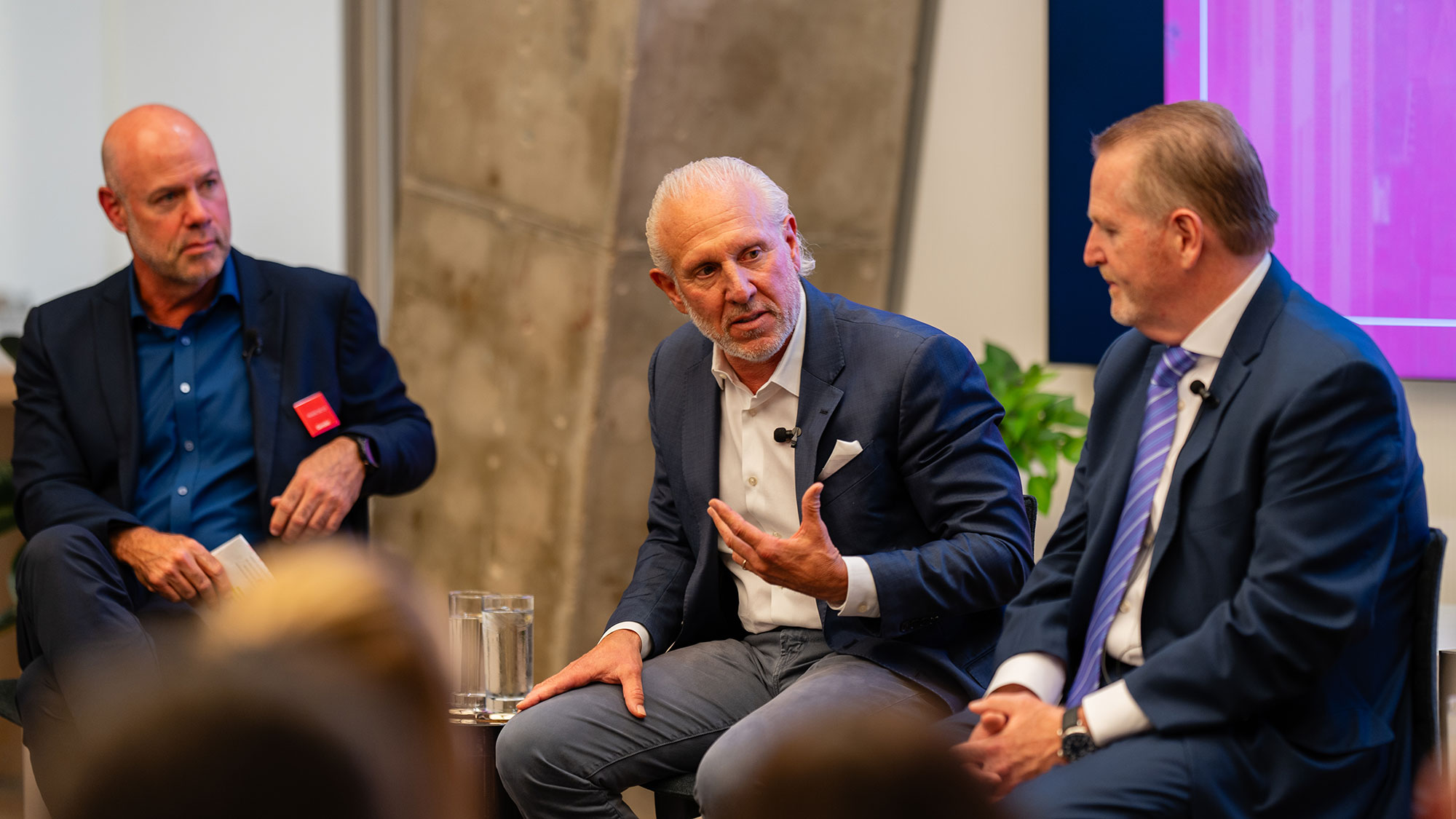
In closing, all panelists agreed on one key action item: collaboration between the public and private sectors is essential to the future growth and success of our city. As Gensler’s Global Co-Chair Diane Hoskins remarked in her foreword, “In the last two decades, we’ve seen what our community can do when we have the creative vision, the commercial commitment, and public leaders who can clear the way and enable the future to happen.”
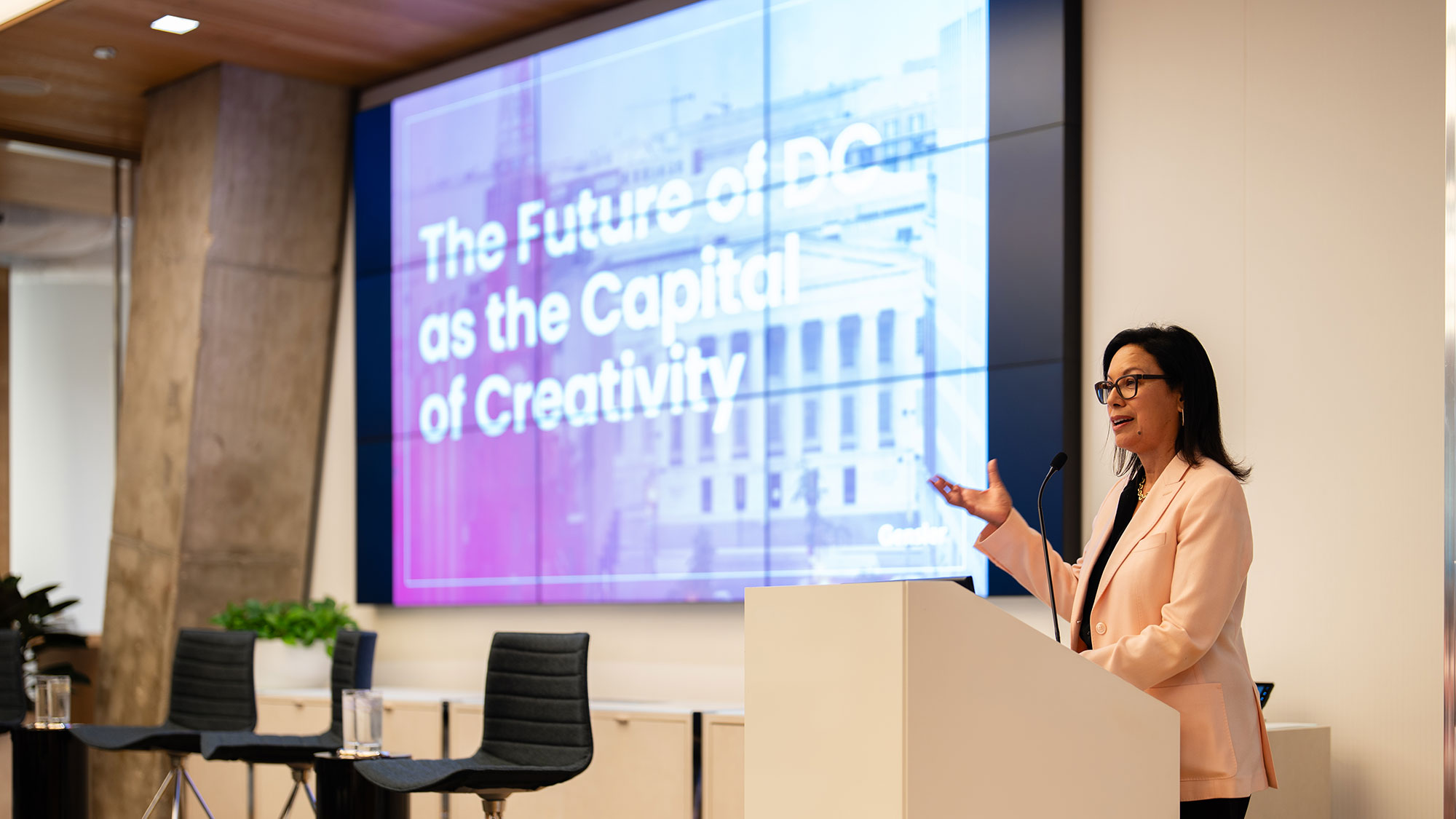
Together, with the momentum from projects across the city and passionate public leaders, Washington, D.C., is well on its way to becoming not just the capital of the nation and the free world, but the capital of creativity.
For media inquiries, email media@gensler.com.
